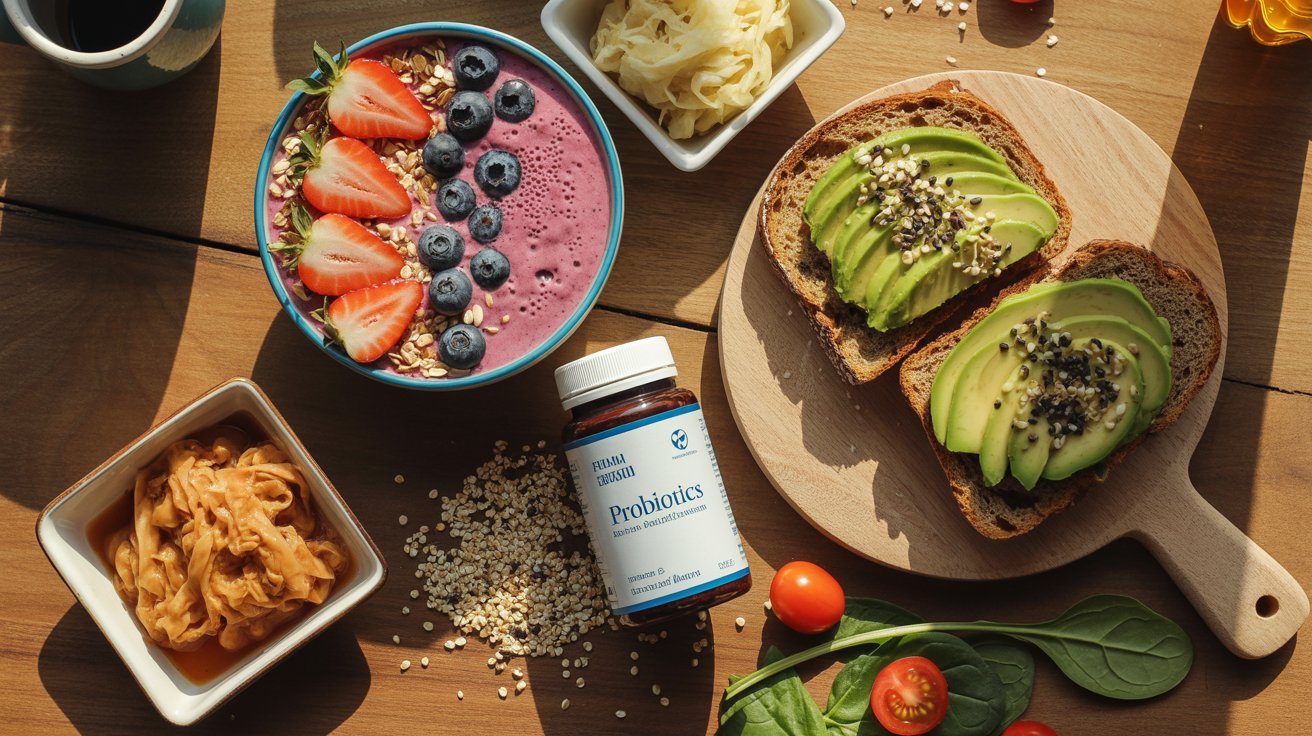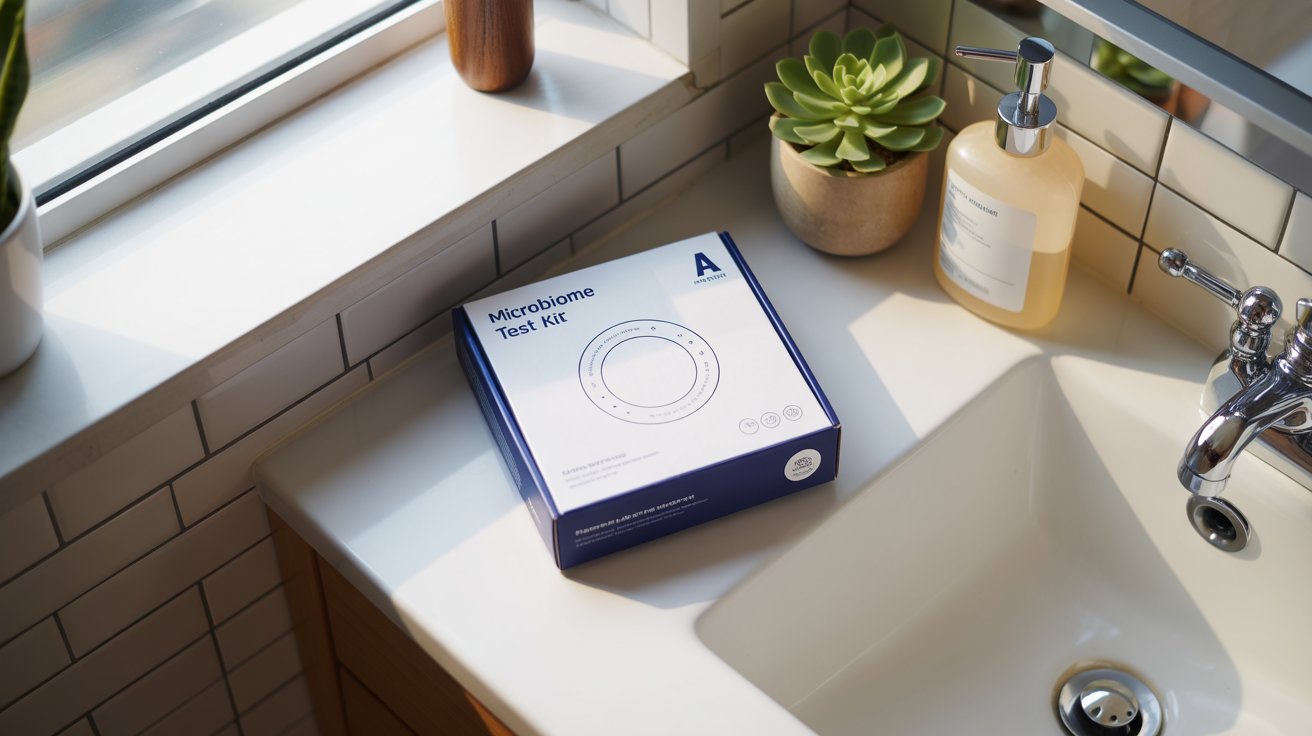Let’s get real about food allergies and gut health. I’ve been diving deep into this research, working with others dealing with food sensitivities, and learned some mind-blowing truths about what’s really happening in your gut.
My first encounter with this connection? A person who’d been struggling with multiple food allergies for years. Traditional approaches weren’t working. Then we started focusing on gut health and everything changed.
Here’s the thing. Your gut bacteria aren’t just hanging out digesting food. They’re literally training your immune system every single day, deciding what’s safe and what’s a threat.
Key Insights from the Research Trenches:
- Your gut houses 70% of your immune system
- Gut dysbiosis happens BEFORE food allergies develop
- The right bacteria can actually prevent allergic reactions
Ready to understand how your gut is secretly controlling your food reactions? Let’s break it down.
The Gut-Allergy Axis: What’s Really Going On

Think of your gut as immune system headquarters. Recent research reveals that the increasing prevalence of food allergies is due in part to changes in the commensal microbiome. Basically, when your gut bacteria get out of whack, food allergies follow.
Your beneficial bacteria are like personal trainers for your immune cells, teaching them the difference between harmless food proteins and actual threats. When you’ve got the right team of bacteria, they produce short-chain fatty acids (SCFAs) – think of these as peace negotiators that keep your immune system chill.
The Money Shot: Studies in human cohort studies has demonstrated that individuals with food allergy have distinct gut microbiomes compared to healthy controls, and dysbiosis precedes the development of food allergy.
Translation? Fix the gut first, then watch how your body responds to foods.
When Your Gut Security System Breaks Down

Here’s where things go sideways. Gut dysbiosis which is the fancy term for bacterial imbalance, creates what we call “leaky gut.” Your intestinal barrier gets compromised, allowing food particles to escape where they shouldn’t be.
Your immune system sees these escaped proteins and goes into full attack mode. Hello, allergic reactions.
Children who developed FA harbored lower abundances of Bifidobacterium and Clostridia species and had a less mature microbiome during infancy. The pattern starts early, but the good news is it’s not set in stone.
Game-Changing Strategies That Actually Work

Strategy #1: Feed Your Good Bacteria
Fiber-rich foods are like premium fuel for beneficial bacteria. When they ferment fiber, they produce those protective SCFAs I mentioned. More fiber = better gut protection = reduced allergy risk.
Strategy #2: Ditch the Gut Destroyers
Highly processed foods, excessive sugar, and chronic stress all wreck your bacterial balance. I learned this the hard way when my own gut health tanked from years of stress eating and poor choices.
Strategy #3: Lifestyle Medicine Approach
Exercise promotes microbial diversity. Quality sleep supports gut barrier function. Stress management keeps your gut-brain axis happy. It’s all connected.
The Future is Here: Microbiome-Based Solutions

The exciting part? Scientists are developing treatments that target gut bacteria directly. Fecal microbiota transplantation has shown encouraging results in modulating immune responses and restoring microbial diversity in various disease models.
We’re talking about:
- Precision probiotics for immune tolerance
- Targeted dietary interventions
- Microbiome restoration therapies
Your Action Plan: From Research to Results

Start Here:
- Diversify your plate – Aim for 30+ different plant foods weekly
- Quality probiotics – Look for research-backed strains
- Stress management – Your gut feels everything
- Sleep optimization – Gut bacteria have circadian rhythms too
Pro Tip: Track how you feel when you focus on gut health for 30 days. The changes might surprise you.
The Food Allergies and Gut Health Game-Changer

The relationship between food allergies and gut health is a fundamental shift in how we understand and address food reactions.
Your gut microbiome is actively shaping your immune responses every single day. Support a balanced, diverse gut ecosystem, and you’re giving your immune system the best shot at maintaining tolerance instead of overreacting.
The research on food allergies and gut health keeps evolving, but the message is clear: your gut health is one of the most powerful levers you have for immune resilience. Time to start treating it like the VIP it is.















